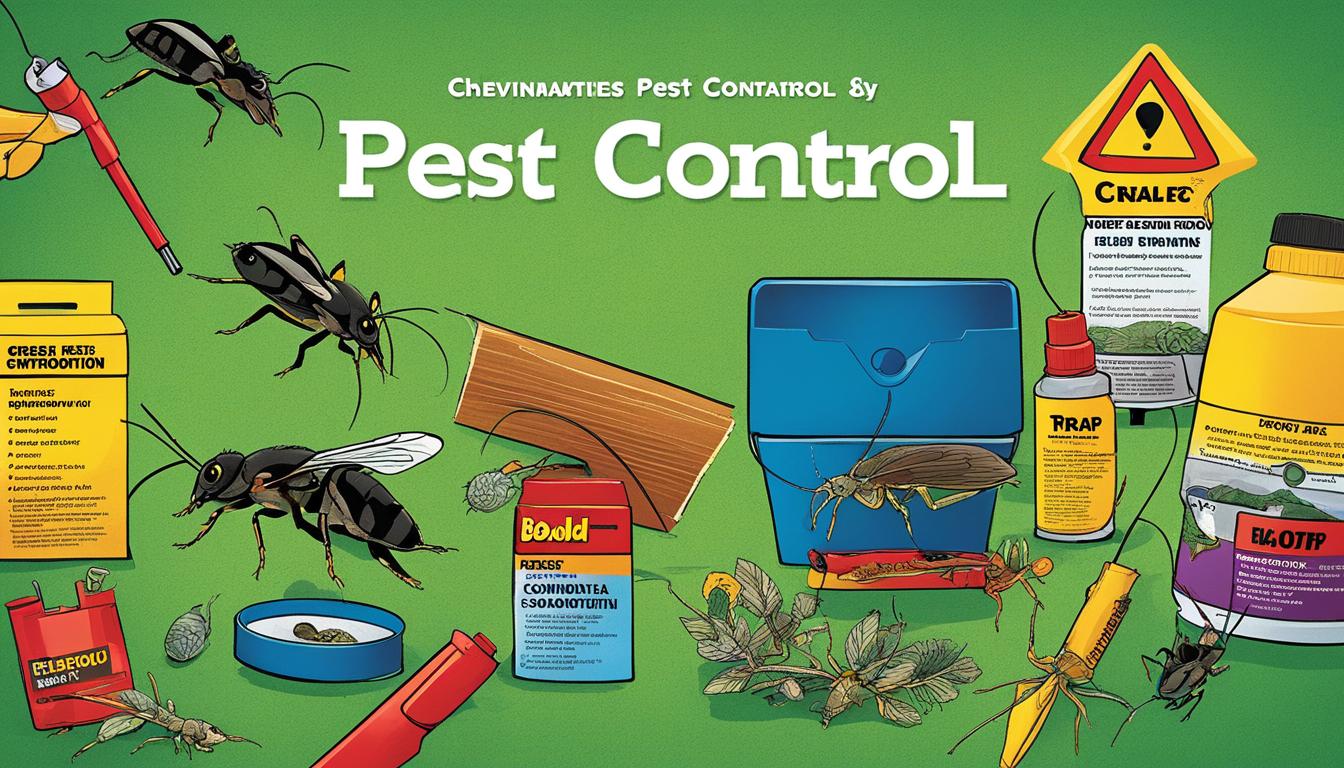4 Easy Facts About Pest Control Shown
Wiki Article
The Ultimate Guide To Pest Control
Table of Contents7 Easy Facts About Pest Control ShownPest Control Can Be Fun For EveryoneThings about Pest ControlPest Control - An OverviewPest Control Can Be Fun For Everyone
Limitations of Chemical Administration Be able to analyze bug problems, establish if administration is essential, and make suitable referrals utilizing IPM strategies. Be familiar with various methods of bug management - their benefits and constraints.This chapter talks about (IPM), a technique that uses understanding concerning insects and their, techniques, nonchemical methods, and pesticides to take care of pest issues. Added information regarding IPM for details plants is included in chapters that focus on those plants. Nonchemical pest control steps are emphasized in chapter 17, "Organic Gardening." Handling birds and creatures is covered in chapter 20, "Wildlife." Handling in the backyard and yard is covered in chapter 6, "Weeds." Bugs in a yard or landscape might include bugs and termites, weeds,, creatures, and birds.
Insects and weeds, however, play a duty in the. After growing a yard or establishing a lawn, the natural procedure of plant sequence starts to restore and nonnative plants.
What we call "bugs" are part of an all-natural system at work. Only human beings think about certain varieties insects when they occur where they are not desired.
The Only Guide to Pest Control
Bugs susceptible to a pesticide were swiftly eliminated, leaving immune ones to breed and multiply. It ended up being clear that chemicals alone would certainly not solve all insect issues.An IPM strategy permits some degree of pests in the atmosphere. Bugs are a lot less most likely to endure a program that uses various methods of decreasing their populaces. Integrated bug monitoring was initial recommended by entomologists because insects were the first group of insects to show challenging to handle with chemicals alone.
bug and host precisely. and take into consideration financial or visual injury. A limit is the factor at which activity ought to be taken. a treatment approach utilizing mechanical, social, organic, or chemical controls, or a combination of these techniques. success of therapies. IPM has actually prolonged beyond pests to management of all pest populaces: weeds, disease organisms, and mammals.
Some Known Questions About Pest Control.
Administration rather than eradication of parasites is the goal. An IPM strategy begins with a careful analysis of each insect problem. Just after that can one make a decision about the ideal strategies necessary to reduce pest tasks. The life process of the insect, feasible damage, all-natural enemies, and impacts of weather, to name a few variables, are thought about prior to a control plan is applied - Pest Control.Clover growing in a yard might be deemed an undesirable weed, yet as a legume it is synthesizing nitrogen for the dirt and the blossoms are providing nectar to honey bees and other. Resistance for some weeds might become part of an IPM plan. may be consuming the fallen leaves of a plant, but when they are identified as the larvae of Eastern tiger swallowtail butterflies, their damage might be endured so we can appreciate the gorgeous butterfly.

The 2nd essential device in pest administration is very early intervention. Being existing and watchful in the garden makes sure very early detection. Reacting to troubles quickly, before they have time to increase, calls for a less remarkable treatment. The 3rd most essential tool is recordkeeping; tracking what takes place in the garden enables a garden enthusiast to identify patterns and make informed decisions.
Pest Control - An Overview
Several risk-free, functional, nonchemical methods of plant protection and insect monitoring might lower or get rid of the demand to spray. Other methods are most valuable when used with chemicals. To implement monitoring practices correctly and to reduce losses, gardeners should understand the kinds of bugs that assault plants and comprehend pest biology.
Conducting a soil examination and using just the recommended amount of fertilizer and lime takes full advantage of the advantage to the plant while minimizing problems connected to too much usage of fertilizer - Pest Control. Treatment the dirt with several inches of mulch secures the plant their website in numerous means: reducing soil water loss to evaporation, decreasing weed competitors, providing nutrients, and creating a suitable setting for earthworms and bacteria that maintain the dirt loosened for roots and break down organic material to launch nutrients
If mulch touches the trunk, it can create a way for voles, germs, and fungis to assault the plant. Do not utilize manure or compost that has not extensively decayed as a top dressing because it can motivate unwanted bugs. Research recommends that farming is detrimental to dirt framework.
The smart Trick of Pest Control That Nobody is Discussing
If tilling is regarded necessary, take into consideration doing it in the loss when the life cycles of lots of pests brings them near the surface. At the surface area, pests end up being revealed to the weather as well as birds and various other natural enemies.Report this wiki page